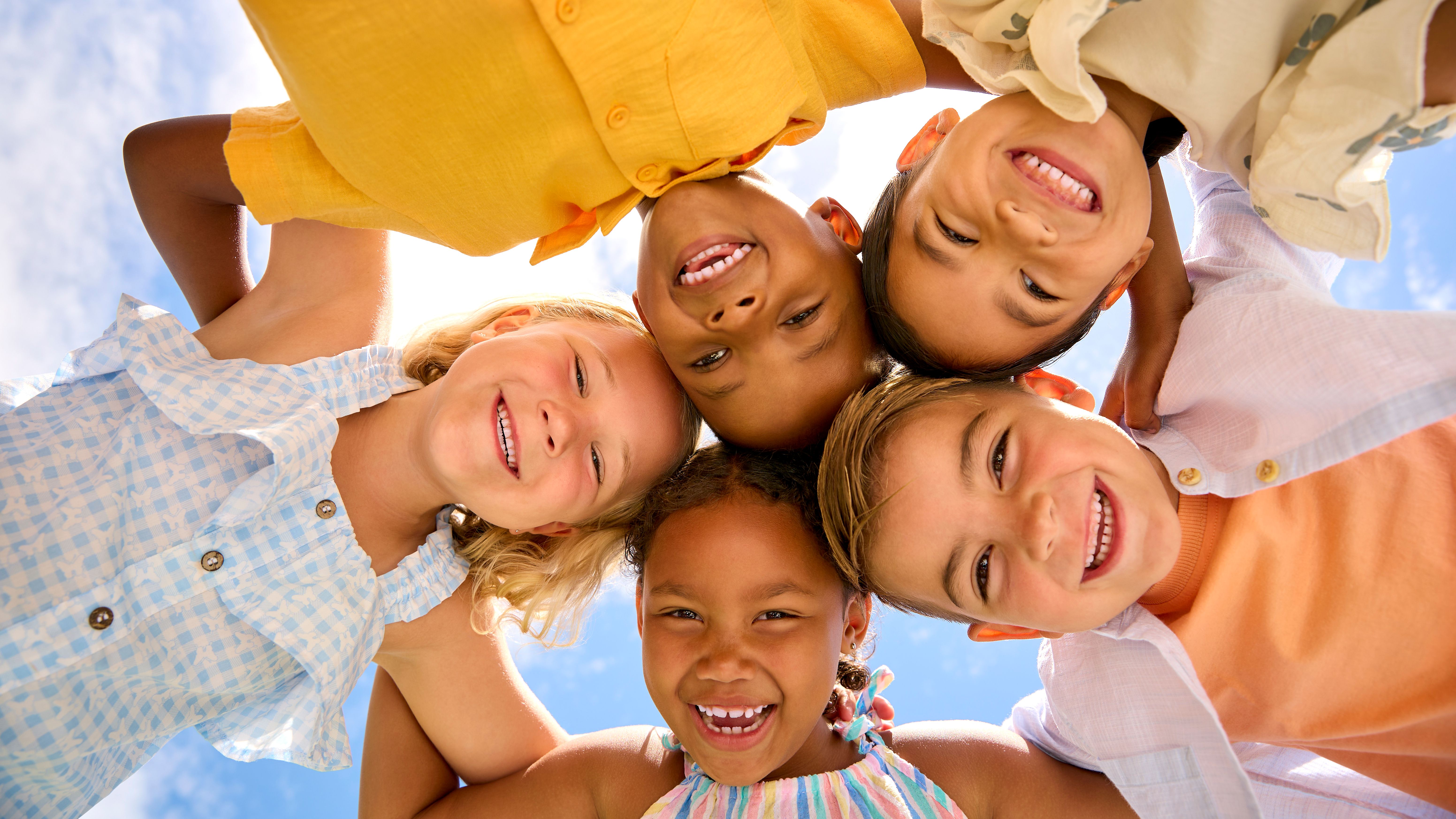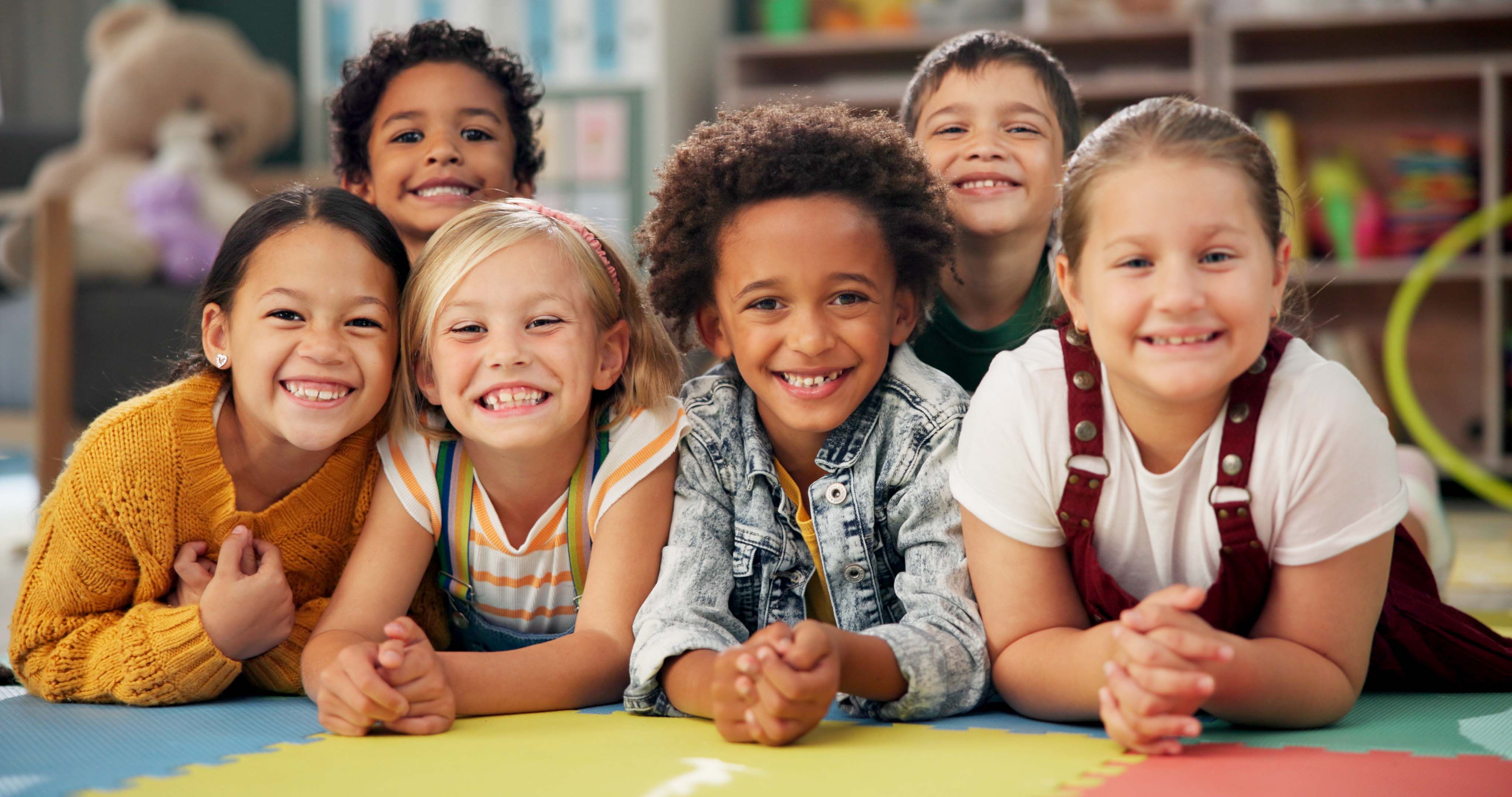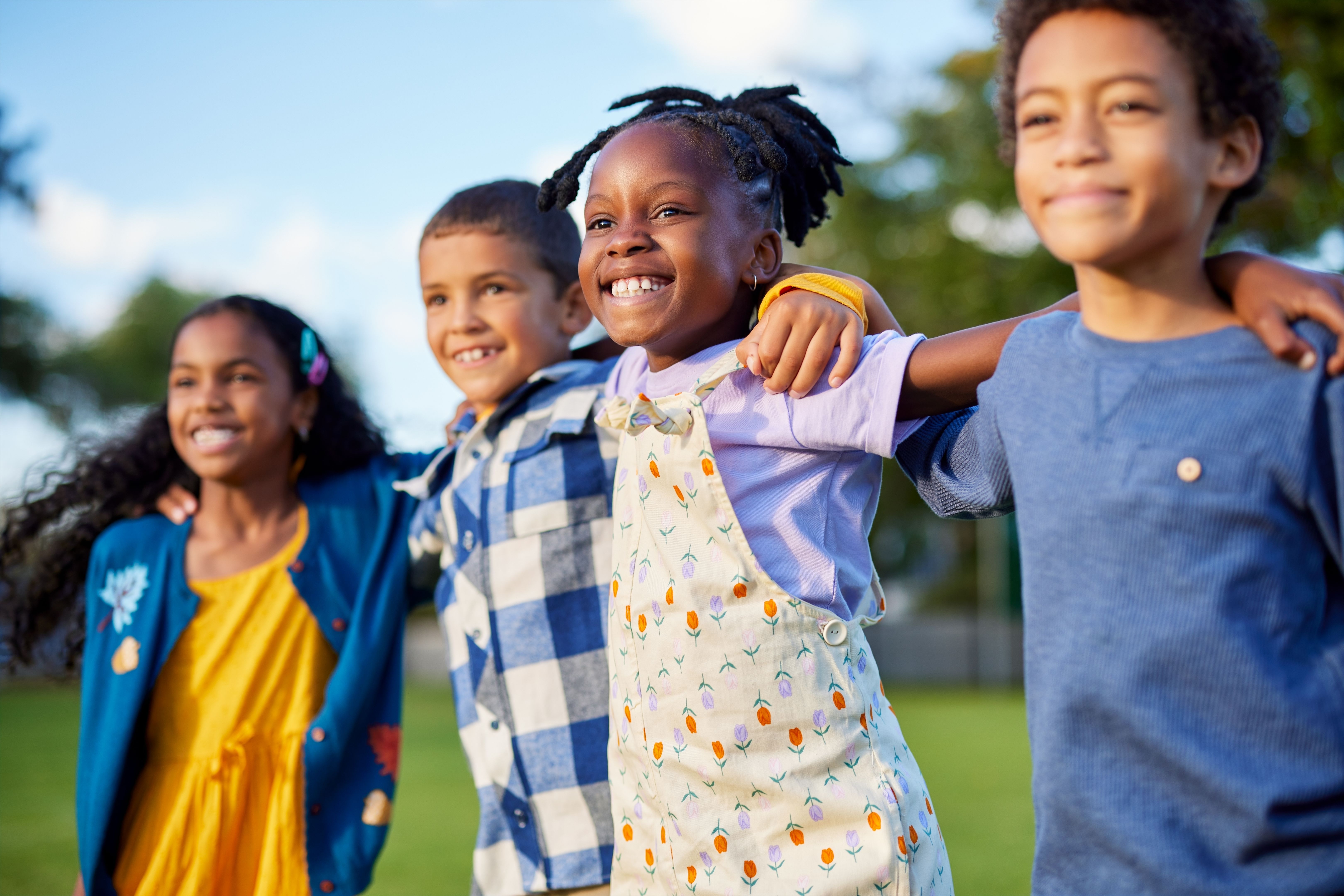The Importance of Generalizing Appropriate Behaviors in Group Settings for Children
Understanding Generalization in Behavior
When it comes to child development, one critical aspect is the ability to generalize appropriate behaviors across different settings. This means that a child can apply learned behavior from one environment to another, such as from home to school or from one classroom to another. Generalizing behaviors helps children adapt to various social situations, fostering emotional intelligence and social skills.

For instance, a child who learns to share toys at home should be able to transfer this behavior to a playgroup setting. This kind of behavioral generalization does not come naturally to all children and often requires deliberate teaching and reinforcement strategies. It's essential for parents, teachers, and caregivers to work together in encouraging these skills.
The Role of Consistency in Reinforcement
Consistency in reinforcement plays a crucial role in helping children generalize behaviors. When children receive similar feedback and consequences for their actions across different environments, they are more likely to understand the importance of those behaviors. Parents and educators should use consistent language and reinforce positive actions through praise and rewards.
For example, if a child is learning to say "please" and "thank you," consistent reinforcement at home, school, and during extracurricular activities will help reinforce these manners. This consistency helps embed the behavior as a norm, making it easier for the child to use it in various settings.

Creating Opportunities for Practice
Another important strategy is providing ample opportunities for children to practice their skills in different settings. This might involve organizing playdates, engaging in group activities, or participating in community events. Each new situation offers a chance for children to apply what they've learned and receive feedback on their behavior.
Structured activities like role-playing can also be effective. Role-playing different scenarios with a child can help them understand how to apply appropriate behaviors in real-life situations. This kind of practice not only builds confidence but also helps solidify the child's understanding of social expectations.
The Influence of Peer Interaction
Peer interaction is another significant factor in generalizing appropriate behaviors. Children often model their peers, so interactions with well-behaved friends can positively influence their behavior. Facilitating group activities where children can observe and learn from each other can be very beneficial.

Moreover, group settings provide a natural environment for children to navigate social cues and adjust their behavior accordingly. This dynamic encourages children to be more adaptable and responsive to the needs of others in the group.
The Importance of Environment
The physical and emotional environment also plays a vital role in behavior generalization. A supportive and nurturing environment encourages children to take risks and try new things without fear of negative consequences. Teachers and parents should create spaces where children feel safe and valued.
In such environments, children are more likely to experiment with new behaviors and transfer these skills across different settings. A positive environment reinforces the child's efforts, making them more willing to engage with others constructively.
Conclusion: Building Lifelong Skills
Teaching children to generalize appropriate behaviors in group settings is crucial for their development into well-rounded individuals. By focusing on consistency, practice, peer interaction, and a supportive environment, parents and educators can help children acquire the skills they need to succeed socially and emotionally.
Ultimately, these efforts contribute to building lifelong skills that will benefit children not only during their formative years but throughout their lives as they navigate various social landscapes.
